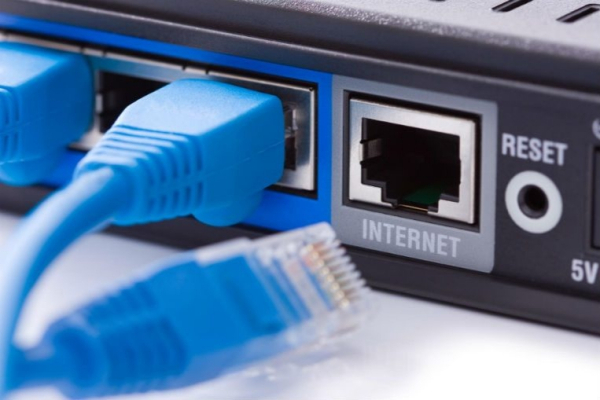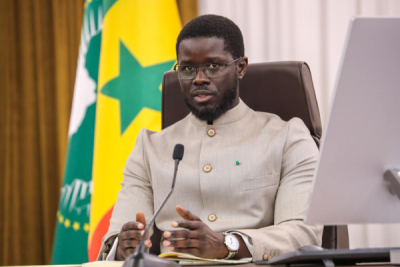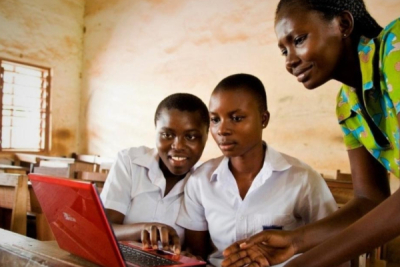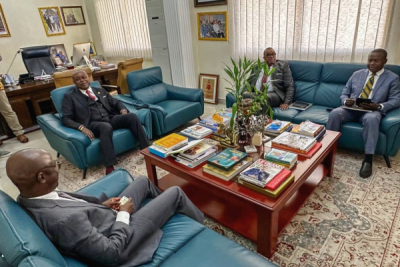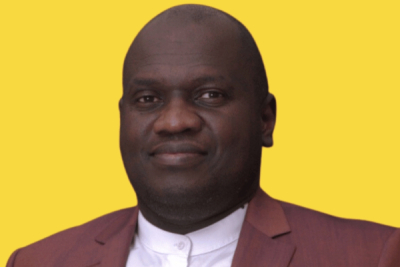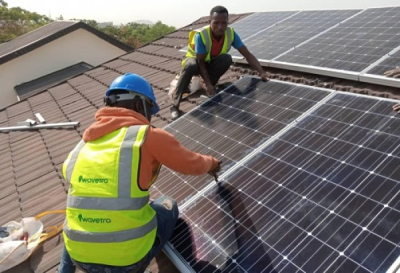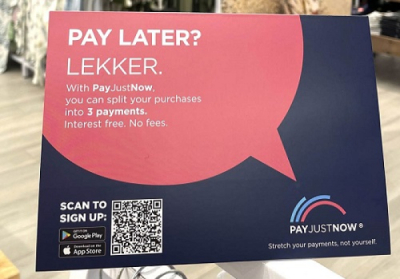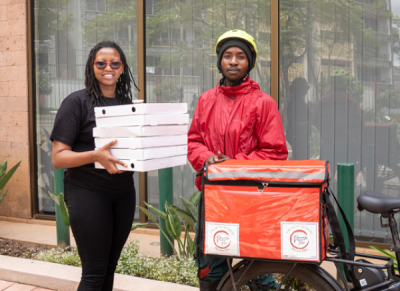Internet access restrictions have increasingly become a norm in Africa in recent years. A variety of factors contribute to the intentional suspension of the Internet, including limitations on information access, armed conflicts, and coups d'état among others.
In 2023, network outages impacted 84.8 million Internet users in sub-Saharan Africa. These disruptions, which lasted for 30,785 hours, resulted in estimated economic losses of $1.74 billion.
The region ranks second after Europe ($4.02 billion), surpassing Asia and the Middle East and North Africa region ($1.44 billion). A recent report published on Tuesday, January 2, by UK technology firm Top10VPN, sheds light on the restrictions that led to these financial losses. The report indicates that Internet restrictions due to peaceful protests were the most economically damaging in 2023.
Ethiopia experienced an estimated $1.59 billion in lost earnings in 2023 due to the extended suspension of social networks, including Facebook, YouTube, Telegram, and TikTok from February to July. This decision was made by the government in response to religious tensions. Similar restrictions were imposed in the Amhara region in early August due to escalating tensions with local militias, resulting in over 11,496 hours of social media shutdown.
In 2023, two major network outages occurred in Senegal in response to large-scale protests, affecting 8.01 million people. According to data from the Top10VPN platform, the total duration of the blockages is estimated at 135 hours, with financial losses valued at $57.4 million. This led to a surge in demand for VPN services to bypass the imposed restrictions, with an increase of over 60,000%.
Several other countries also experienced blackouts due to public protests, including Guinea, Mauritania, Kenya, Sudan, Tanzania, Algeria, Chad, and Zimbabwe. The report by digital security and privacy research group Top10VPN also cites other reasons for social network censorship in Africa. These include information control, conflicts, military coups, and electoral interference as additional causes of Internet blocking.
Samira Njoya


